THE SERIOUS LEISURE PERSPECTIVE
The serious leisure perspective (SLP) is a theoretical framework that can help us understand the complexities of modern leisure as both an activity and an experience. Bringing together the study of serious leisure, casual leisure and project-based leisure, it is an essential component of the leisure studies curriculum and an invaluable tool for exploring the significance of leisure in contemporary society. This book is the first to offer a comprehensive introduction to the serious leisure perspective, from fundamental principles and key concepts to in-depth and wide-ranging case studies of serious leisure pursuits.
The book introduces the history of the SLP and its position alongside other social theories that attempt to explain the nature and function of leisure. It explores important themes such as consumption, gender relations, social capital and quality of life, and delves deeply into the leisure of amateurs, hobbyists, career volunteers and occupational devotees. Every chapter includes a range of useful pedagogical features, such as review questions and group exercises, to help the student to grasp the importance of understanding leisure as a way of understanding contemporary social life and society. Combining cutting-edge theory and method with an engaging and practical interface, this is an essential text for all leisure studies courses and illuminating reading for any student working in tourism, events, sport, recreation, sociology or cultural studies.
Sam Elkington is a Senior Lecturer in Sport Management at Northumbria University, UK. Sams research reflects his interests in phenomenology and pedagogy, namely the social psychological dimensions of sport and leisure experiences and the nature, policy and practice of sport and leisure education. He is the co-editor (with Sean Gammon) of Contemporary Perspectives in Leisure (Routledge, 2013).
Robert A. Stebbins is Faculty Professor and Professor Emeritus at the University of Calgary, Canada. He specializes in theory and research on various aspects of the serious leisure perspective. He was elected Fellow of the Royal Society of Canada (1999) and Senior Fellow of the World Leisure Academy (2010).
First published 2014
by Routledge
2 Park Square, Milton Park, Abingdon, Oxon OX14 4RN
and by Routledge
711 Third Avenue, New York, NY 10017
Routledge is an imprint of the Taylor & Francis Group, an informa business
2014 Sam Elkington and Robert A. Stebbins
The right of Sam Elkington and Robert A. Stebbins to be identified as authors of this work has been asserted by them in accordance with sections 77 and 78 of the Copyright, Designs and Patents Act 1988.
All rights reserved. No part of this book may be reprinted or reproduced or utilised in any form or by any electronic, mechanical, or other means, now known or hereafter invented, including photocopying and recording, or in any information storage or retrieval system, without permission in writing from the publishers.
Trademark notice: Product or corporate names may be trademarks or registered trademarks, and are used only for identification and explanation without intent to infringe.
British Library Cataloguing-in-Publication Data
A catalogue record for this book is available from the British Library
Library of Congress Cataloging-in-Publication Data
Stebbins, Robert A., 1938
The serious leisure perspective: an introduction/Robert Stebbins, Sam Elkington.
pages cm
1. LeisureSocial aspects. 2. LeisureStudy and teaching. I. Elkington, Sam. II. Title.
GV14.45.S844 2014
306.4812dc23 2014002337
ISBN: 978-0-415-73981-8 (hbk)
ISBN: 978-0-415-73982-5 (pbk)
ISBN: 978-1-315-81636-4 (ebk)
Typeset in Bembo
by Swales & Willis Ltd, Exeter, Devon, UK
To Emma and Charlie
SE
To Karin
RS
CONTENTS
Figures
Tables
This book offers a comprehensive introduction to the serious leisure perspective (SLP). The SLP is the name of the theoretic framework that bridges and synthesizes three main forms of leisure, known as serious leisure, casual leisure, and project-based leisure. we concentrate on the future of the SLP in the context of the rapidly changing twenty-first century. Throughout, our intention is to position the SLP as a pedagogic orientation a way of making the subject matter of leisure studies meaningful through a set of pedagogic features available in-text and online.
Basic principles
The serious leisure perspective (SLP), which is the organizing principle for this book, can be described, in simplest terms, as the theoretic framework that synthesizes three main forms ofleisure, showing, at once, their distinctive features, similarities and interrelationships (Stebbins, 2007a). Additionally, the SLP considers how the three forms serious pursuits (serious leisure/devotee work), casual leisure and project-based leisure are shaped by various psychological, social, cultural and historical conditions. Each form serves as a conceptual umbrella for a range of types of related activities. That the SLP takes its name from serious leisure should, in no way, suggest that it be regarded, in some abstract sense, as more important or superior than the other two. Rather the SLP is so titled simply because it got its start in the study of serious leisure; such leisure is, strictly from the standpoint of intellectual invention, the godfather of the other two. Furthermore, serious leisure has become the bench mark from which analyses of casual and project-based leisure have often been undertaken. So naming the SLP after the first facilitates intellectual recognition; it keeps the idea in familiar territory for all concerned.
While provides a more thorough examination of the SLP itself, namely, its central concepts and propositions, the goal of the present chapter is to situate it within the framework of a small set of basic principles that bear on all leisure theory and research, be it in leisure studies or in its several allied fields of research and practice. We will cover these principles in the following sections: the nature of the SLP, definition of leisure, centrality of activity, positiveness of leisure activity, and the three domains of life.
The nature of the SLP
It will help in the discussion that follows to have a general understanding of the three forms that comprise the SLP (as most recently set out in Stebbins, 2012a):
Serious pursuits
 Serious leisure is the systematic pursuit of an amateur, hobbyist or volunteer activity sufficiently substantial, interesting and fulfilling for the participant to find a (leisure) career there acquiring and expressing a combination of its special skills, knowledge and experience.
Serious leisure is the systematic pursuit of an amateur, hobbyist or volunteer activity sufficiently substantial, interesting and fulfilling for the participant to find a (leisure) career there acquiring and expressing a combination of its special skills, knowledge and experience.
 Devotee work is activity in which participants feel a powerful devotion, or strong, positive attachment, to a form of self-enhancing work. In such work the sense of achievement is high and the core activity endowed with such intense appeal that the line between this work and leisure is virtually erased.
Devotee work is activity in which participants feel a powerful devotion, or strong, positive attachment, to a form of self-enhancing work. In such work the sense of achievement is high and the core activity endowed with such intense appeal that the line between this work and leisure is virtually erased.
Casual leisure is immediately intrinsically rewarding, relatively short-lived pleasurable activity requiring little or no special training to enjoy it. It is fundamentally hedonic, pursued for its significant level of pure enjoyment, or pleasure.
Project-based leisure

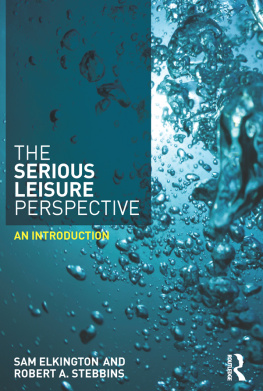

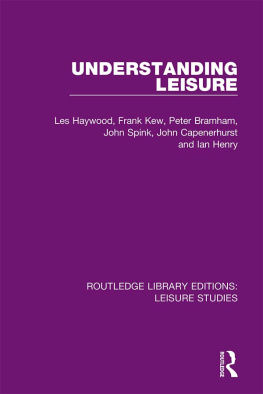
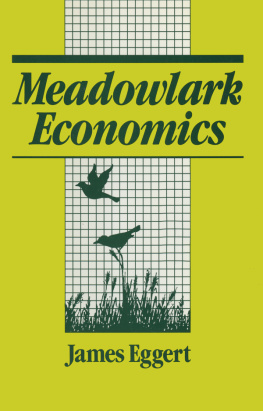
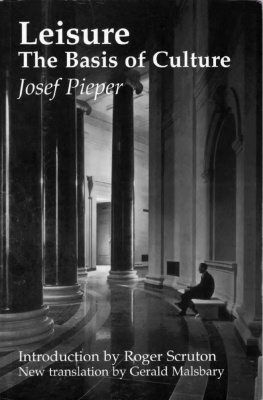
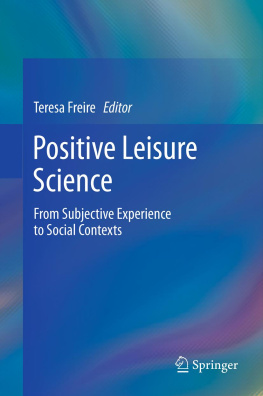
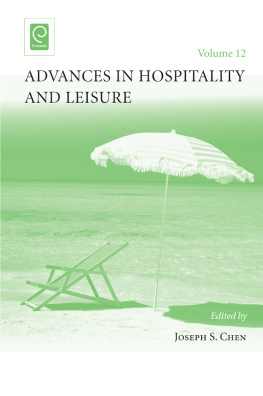
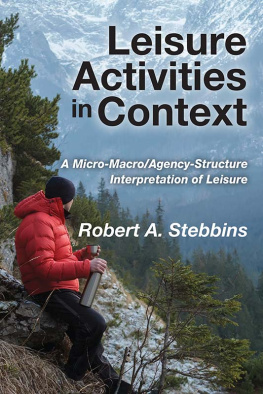
 Serious leisure is the systematic pursuit of an amateur, hobbyist or volunteer activity sufficiently substantial, interesting and fulfilling for the participant to find a (leisure) career there acquiring and expressing a combination of its special skills, knowledge and experience.
Serious leisure is the systematic pursuit of an amateur, hobbyist or volunteer activity sufficiently substantial, interesting and fulfilling for the participant to find a (leisure) career there acquiring and expressing a combination of its special skills, knowledge and experience.